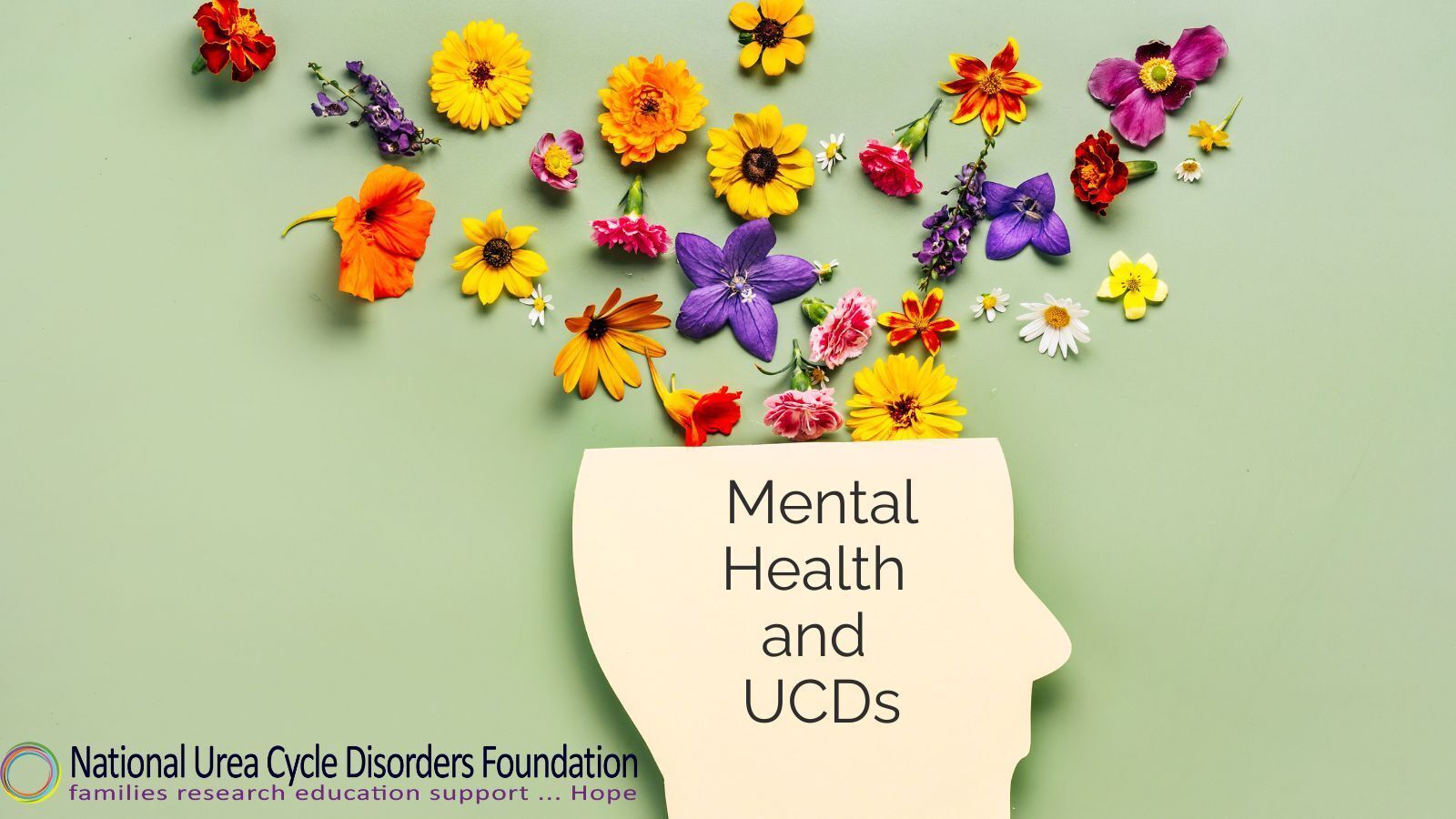
In today's fast-paced world, the importance of mental health cannot be overstated. Life with a urea cycle disorder presents unique challenges in everyday life. Although we are aware of the changes to daily life involved with dietary changes and required medical interventions, the mental health aspect of urea cycle disorders is still often overlooked. One powerful tool that can help improve mental well-being is mindfulness.
Mindfulness is being fully present and engaged in the current moment, without judgment. It involves paying attention to thoughts, feelings, bodily sensations, and the surrounding environment with openness and acceptance. By cultivating mindfulness, individuals can develop greater self-awareness, manage stress more effectively, and enhance their overall quality of life.
Practical Examples of Mindfulness Practice
- Mindful Breathing: Take a few moments to focus on your breath. Notice the sensation of each inhale and exhale as you breathe in and out. Whenever your mind starts to wander, gently guide your attention back to your breath.
- Body Scan Meditation: Lie down or sit comfortably and bring your awareness to different parts of your body, starting from your toes and moving up to the top of your head. Notice any sensations or tension without trying to change them, simply observing with curiosity and acceptance.
- Mindful Walking: Take a walk outdoors and pay attention to each step you take. Notice the sensation of your feet touching the ground, the movement of your body, and the sights and sounds around you. Engage your senses fully in the present moment.
Suggestions for Incorporating Mindfulness into Daily Life
- Start Small: Begin with short mindfulness practices, such as a five-minute breathing exercise, and gradually increase the duration as you feel more comfortable.
- Consistency: Set aside a specific time each day for mindfulness practice, whether it's in the morning, during lunch break, or before bedtime. Consistency will help reinforce the habit and integrate mindfulness into your daily routine.
- Be Patient and Gentle with Yourself: Mindfulness is a skill that takes time to develop, so be patient with yourself as you navigate the process. Approach each practice with an attitude of kindness and self-compassion, recognizing that it's okay to have moments of distraction or difficulty.
- Integrate Mindfulness into Activities: Look for opportunities to incorporate mindfulness into your daily activities, such as mindful walking while commuting, or mindful breathing during moments of stress.
Mental Health and UCDs
While the physical manifestations of UCDs are well-documented and widely recognized, their impact on mental health is also an important factor. Research has revealed a complex relationship between ammonia accumulation and neurological function.
Hyperammonemia resulting from UCDs can lead to neurological damage, primarily affecting the brain. Ammonia toxicity disrupts neurotransmitter balance, particularly in the central nervous system, impairing cognitive function and contributing to a range of neurological symptoms. These may include lethargy, confusion, irritability, seizures, and in severe cases, coma and death.
Beyond the immediate neurological effects, UCDs can also influence mental health through their impact on mood and behavior. Studies have documented psychiatric symptoms in individuals with UCDs, including depression, anxiety, psychosis, and behavioral disturbances.
Diagnosing UCDs can be challenging, particularly in cases where symptoms are subtle or overlap with other conditions. Moreover, the rarity of these disorders means that healthcare providers often have limited experience with their presentation, further complicating diagnosis and treatment.
Managing UCDs requires a multidisciplinary approach involving medical professionals specializing in genetics, metabolism, neurology, and psychiatry. Treatment typically involves a combination of dietary interventions, medications to lower ammonia levels, and in severe cases, liver transplantation to restore proper urea cycle function.
If you or someone you know has or suspects you may have a urea cycle disorder and need assistance, reach out at cureucd@nucdf.org.
